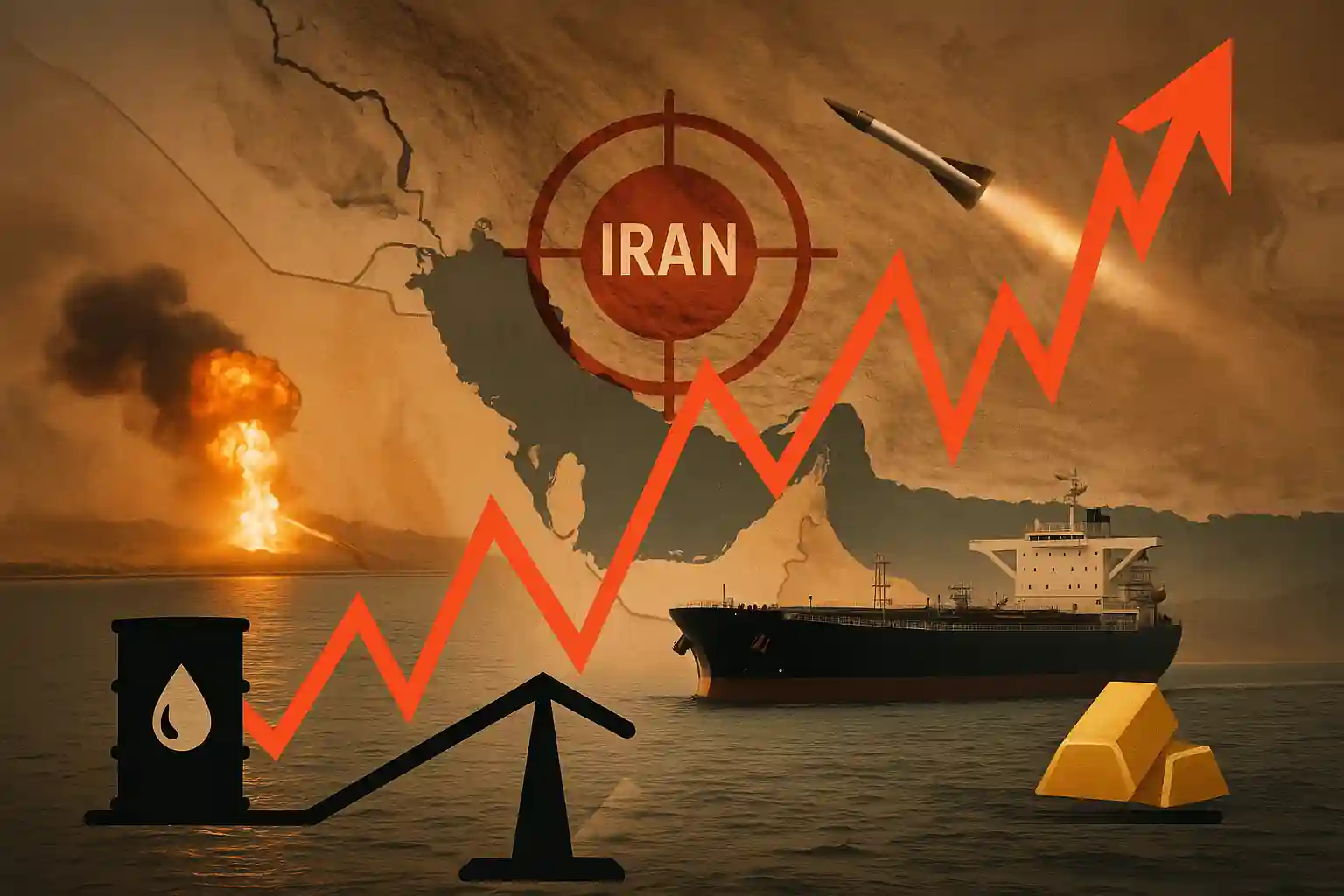Oil Prices Soften After U.S. Targets Iran
Oil prices eased on Monday following U.S. strikes on Iran’s nuclear sites. Although initially surging 4%, oil futures later pulled back. Brent crude traded above $76 a barrel, while WTI hovered near $73. Markets remain alert, especially with Iran threatening to block the Strait of Hormuz.
Stock Markets Waver as Oil Volatility Rises
Major U.S. indices slipped as investors watched oil closely. The Dow Jones, S&P 500, and Nasdaq each lost 0.1%. Oil remains central to market anxiety, with the potential for a new Middle East conflict disrupting global energy supply chains.
Trump Warns Iran of More Strikes
President Trump announced Saturday that the U.S. destroyed three Iranian nuclear sites. He threatened more attacks unless Iran agrees to peace talks. Some doubt his claims, but the geopolitical implications have already rattled oil traders. Rising tensions tend to lift oil prices rapidly.
Iran Considers Blocking Strait of Hormuz
Iran’s parliament reportedly voted to block the Strait of Hormuz, a vital oil chokepoint. Final action hasn’t been taken yet, but even the possibility shook energy markets. About 20% of global oil passes through the Strait, making any threat to its openness a major risk to oil flow.
Fed Rate Cut Hopes Calm Stock Pressure
Despite oil-related tensions, stocks recovered slightly after Federal Reserve Governor Michelle Bowman hinted at a rate cut as soon as July. This dovish signal offset some fear-driven selling. Lower interest rates could support oil demand in the longer term.
Oil Still Faces Major Supply Uncertainty
Investors remain cautious. While oil prices eased slightly, Iran’s next move is unclear. Should the Strait be closed or military action escalate, oil prices could jump sharply. A sustained supply disruption would reverberate across global markets, affecting everything from inflation to trade.
Energy Markets Recalibrate After Initial Shock
After the weekend strike, oil futures spiked. But by Monday, skepticism grew that Iran would follow through on its threats. This skepticism helped cool oil’s momentum. Still, the situation remains volatile, and any fresh provocation could reignite a price rally.
Gold Gains on Haven Demand as Oil Slips
Gold ticked higher as safe-haven demand fluctuated in parallel with oil. While oil serves as a key inflation hedge and geopolitical barometer, gold reflects broader uncertainty. Investors often shift between these two assets depending on threat levels.




